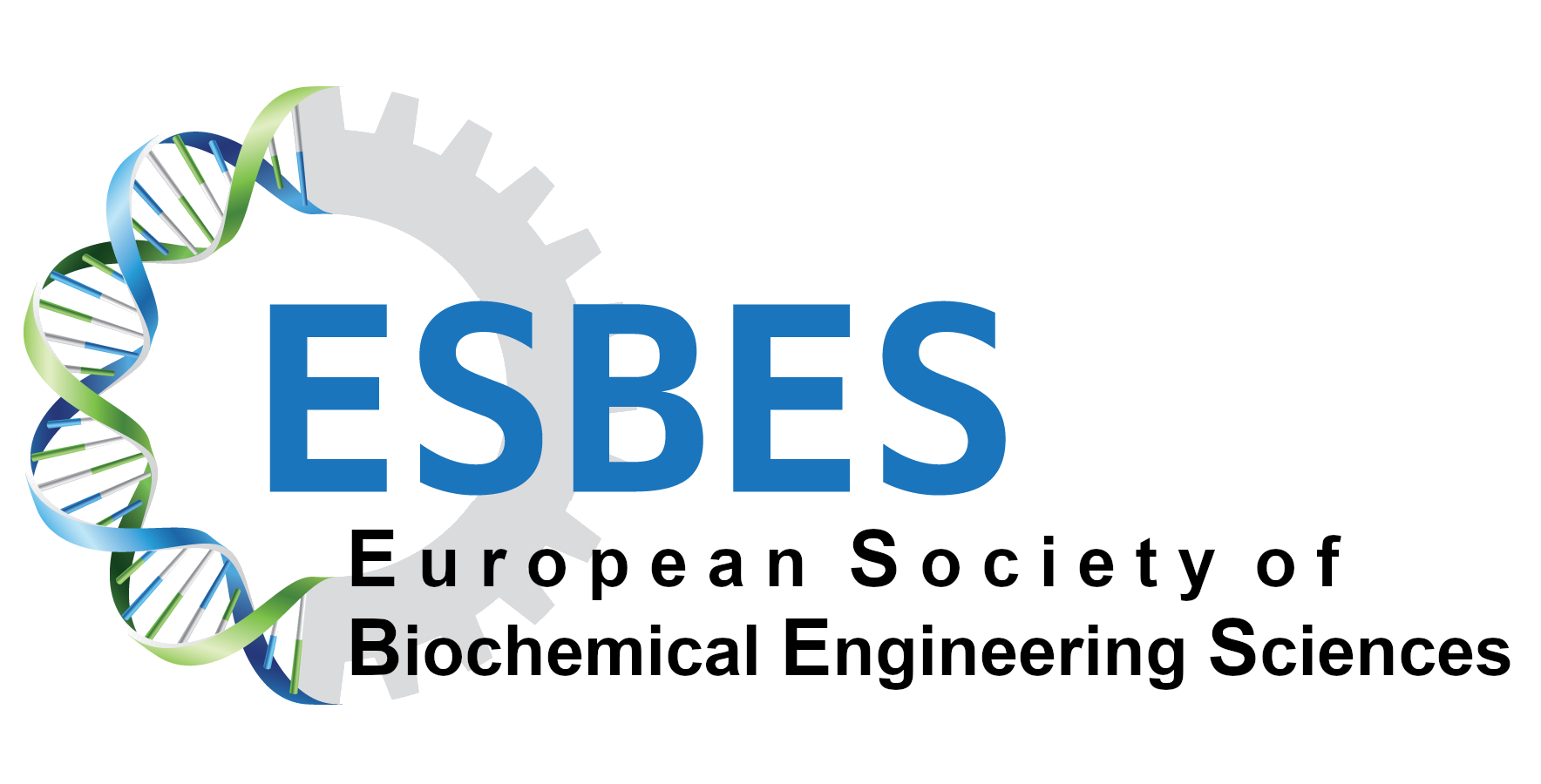Modelling, Monitoring, Measurement & Control
Effective bioprocess development, scale-up and manufacture requires reliable and preferable simple process sensors. While innovative modelling techniques and sensors have been developed, they still frequently fall short of industrial requirements with respect to reliability and simplicity. We aim to reduce the gap between research innovations and industrial implementation by promoting a closer collaboration of current industrialists and researchers, and taking part in the education of future generations.
The manufacture of high quality products requires knowledge and information about the process at every stage. Thus reliable process sensors capable of providing relevant process measurements represent a critical component in effective bioprocess development, scale-up and manufacture. The sensor output must not be influenced by the process matrix and it must be easily incorporated in the existing automation system environment. The resulting data is then used for process monitoring and control to ensure optimal process performance. Real closed-loop controllers are rare in industry, except for a few process variables such as temperature, pH, antifoam agent and dissolved oxygen.
Whilst a range of advanced sensors (e.g. those based on biochips combining semiconductors and aptamers, immunoassays, infrared or fluorescence spectroscopy) and enabling modelling techniques (e.g. soft sensors, fuzzy control, model predictive control, swarm intelligence for optimization, optimal design of experiments) have been developed, only isolated applications are reported to date in literature. These applications still frequently fall short of industrial requirements with respect to the reliability and simplicity in installing, handling and maintenance emphasizing the gap between research innovations and industrial implementation. The goal of the M³C section is to contribute towards closing this gap.
Therefore, one of the main objectives of the M³C section is to facilitate close collaboration of industrialists and researchers in the field of bioprocess engineering. On one hand the industrial requirements for bioprocess automation can be brought closer to the researchers, on the other hand the newly developed techniques, methods and algorithms can be tested and optimized by the researchers within industrial context.
M³C is also actively involved in the education of future generations of researcher and practitioners. The Section organizes a number of specialist courses and summer schools for post-graduate students and industrialists to raise awareness of M³C issues and enable a more rapid translation of the solutions into industry.
